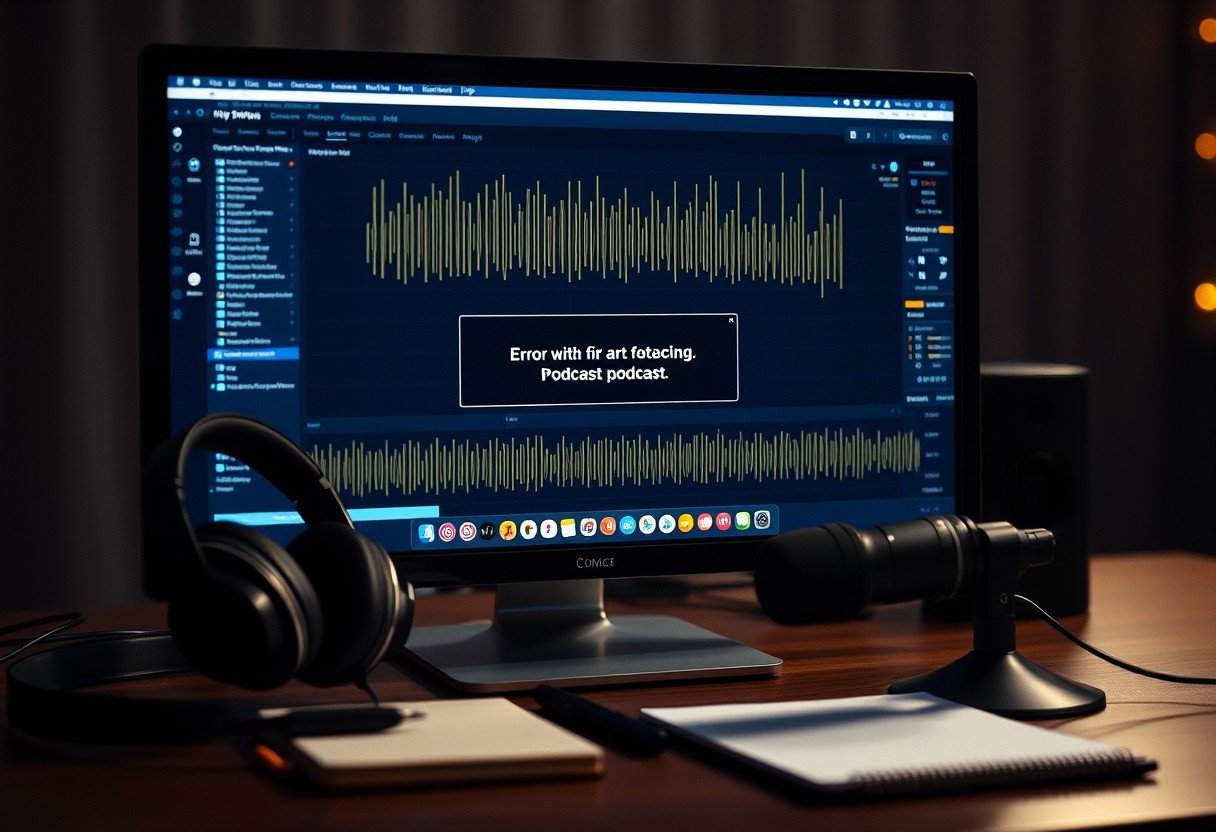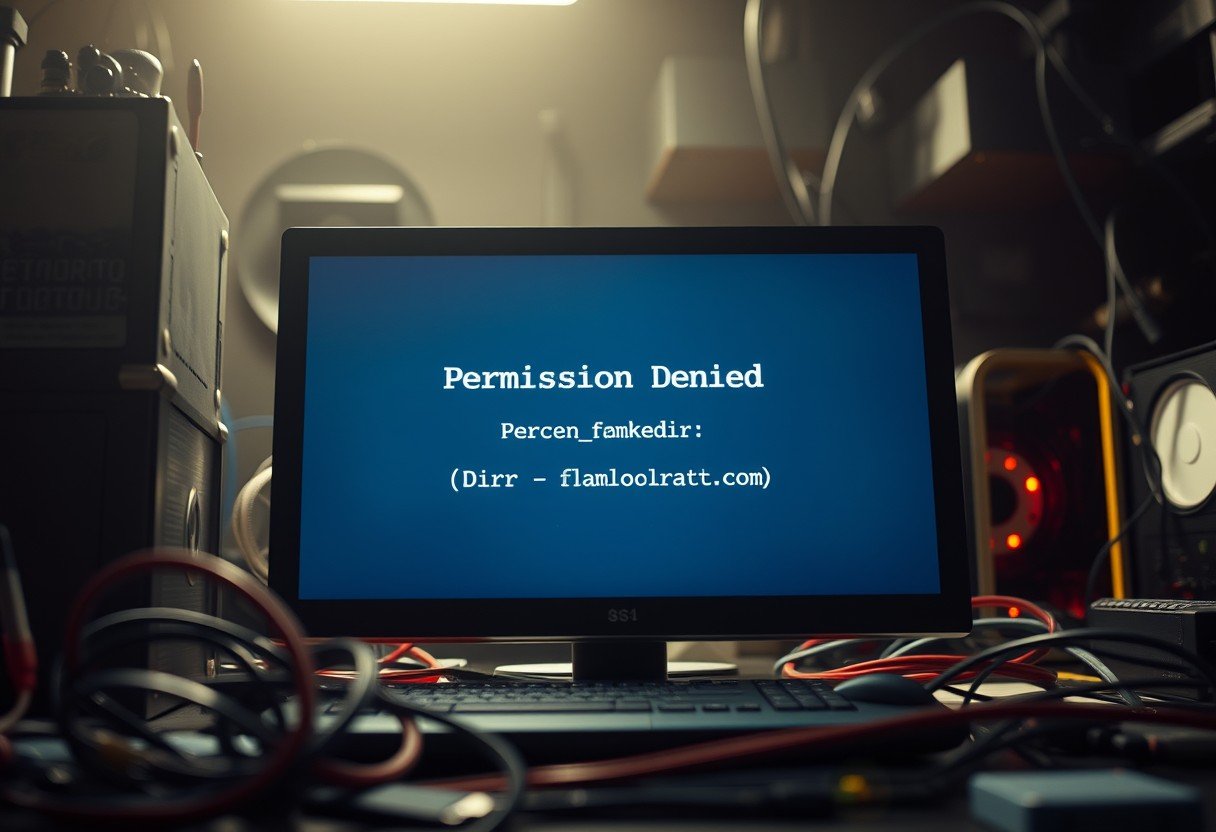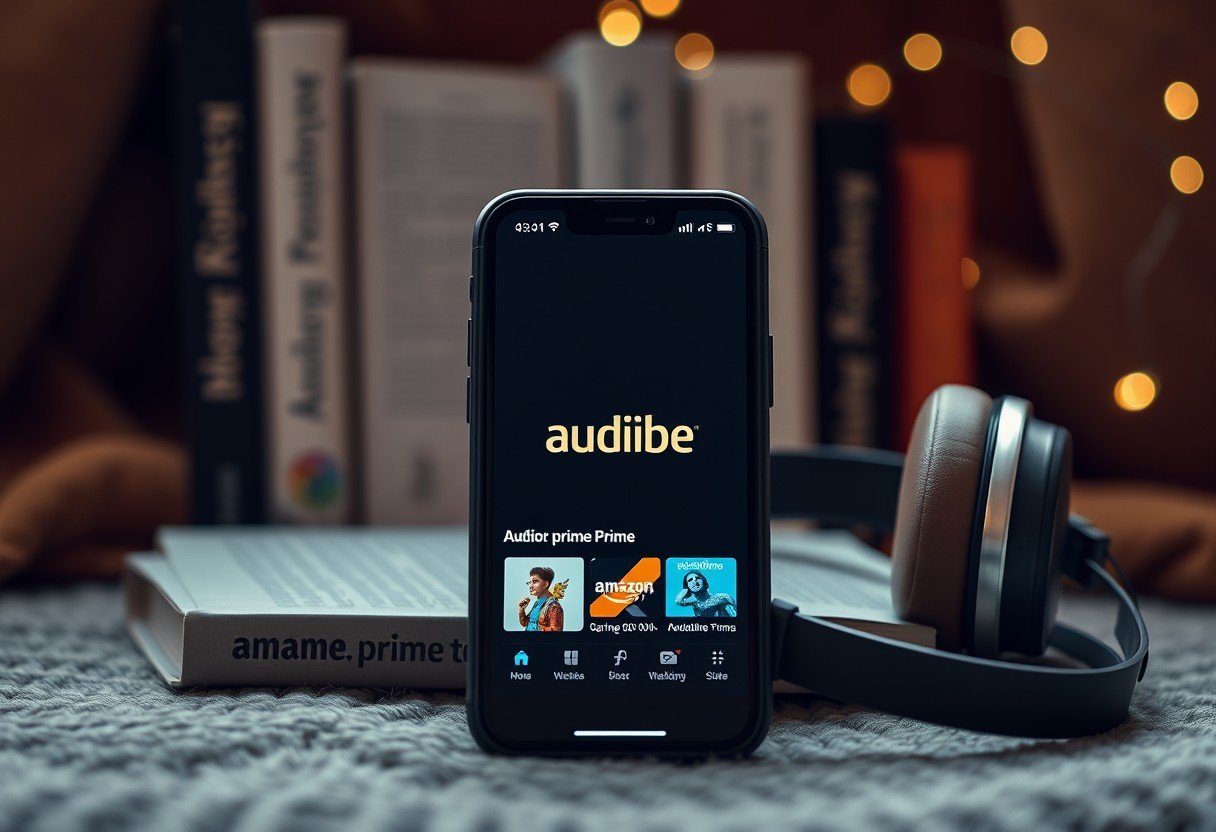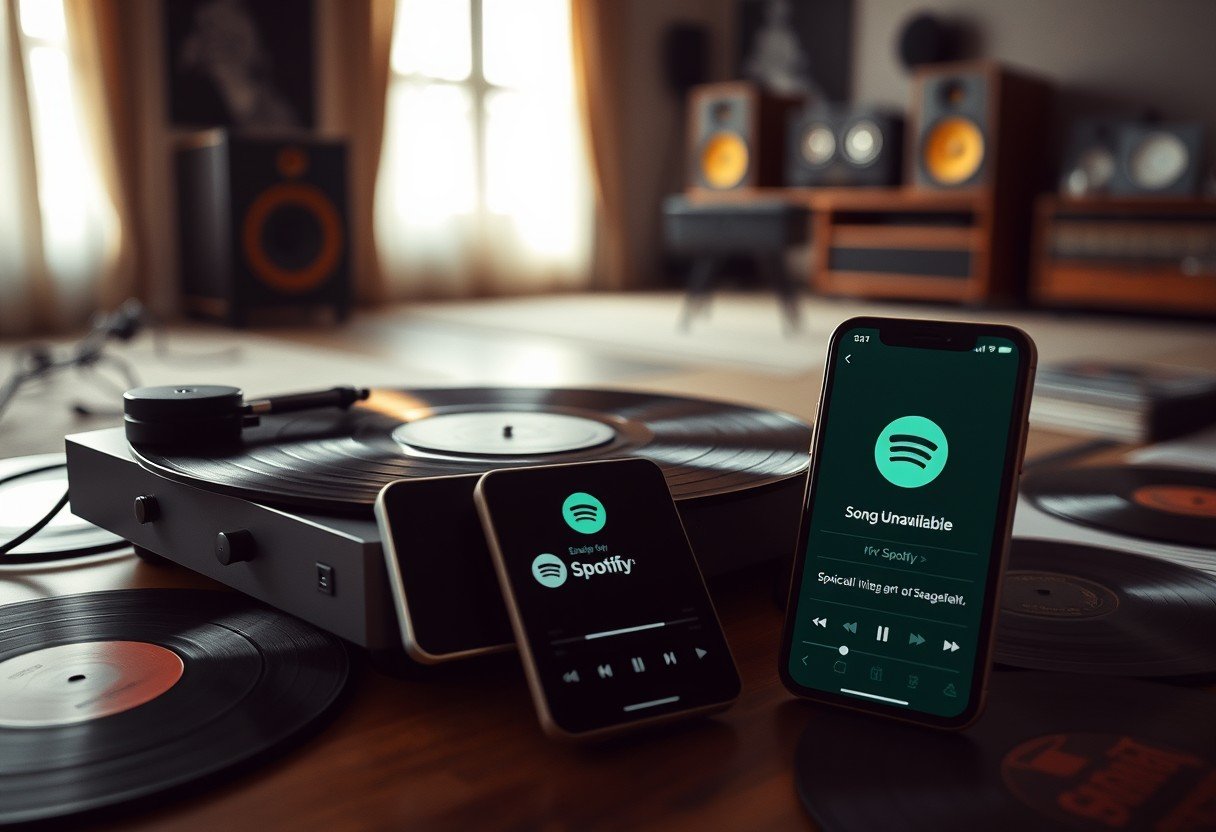Have you ever opened Spotify or Apple Podcasts, ready to listen to your favorite show, only to find it has completely vanished? You’re not alone. Podcasts can disappear for many reasons, including licensing disputes, platform rule violations, or even the creator’s own choice. Understanding these factors helps explain why content sometimes gets pulled, ensuring you know what might be happening behind the scenes with the shows you love.
Understanding Podcast Distribution and Licensing
Podcasts aren’t stored directly on platforms like Spotify or Apple. Instead, they rely on a system called an RSS feed, which is a link that updates with new episodes. Platforms read this feed to show you the latest content. This distribution method is efficient but can also be fragile.
The accessibility of a podcast is often controlled by licensing agreements. These legal contracts determine where and how a show can be distributed. If a podcast network signs an exclusive deal with one platform, the show will be pulled from all others.
These agreements can change suddenly, leading to a show’s removal if terms are renegotiated or expire. For creators, staying on top of these deals is crucial to keeping their show available to the widest possible audience.
When Platform Policies and Content Rules Interfere
Every major platform, from Spotify to Apple Podcasts, has its own set of content guidelines. These rules are in place to regulate what can be published, covering everything from hate speech and misinformation to copyright infringement. When a podcast violates these policies, it can be removed without warning.
Creators must be familiar with the terms of service for each platform where their show is listed. A violation on one platform might not be a violation on another, which is why a podcast might disappear from Spotify but still be available elsewhere.
A failure to adhere to the guidelines set by Spotify, iTunes, or other platforms could result in your podcast being taken down. This makes it essential for podcasters to regularly review platform policies to avoid interruptions.
| Reason for Removal | Common Example | Potential Outcome |
|---|---|---|
| Copyright Infringement | Using popular music without a license. | Episode or entire show is removed. |
| Content Guideline Violation | Promoting hate speech or dangerous misinformation. | Permanent ban from the platform. |
| Intellectual Property Dispute | Co-hosts disagree on content ownership. | Temporary or permanent removal. |
The Creator’s Choice: Why Podcasters Pull Their Own Shows
Sometimes, a podcast’s disappearance has nothing to do with the platform. The creators themselves may decide to remove their show for a variety of personal or professional reasons. This is one of the most common, yet overlooked, reasons for a show vanishing.
A creator might be rebranding, changing the show’s focus, or simply deciding to end the project due to burnout or shifting priorities. In other cases, they may move their content behind a paywall on a platform like Patreon to monetize it directly.
Technical Glitches and Behind-the-Scenes Errors
Technology isn’t perfect, and technical issues are a frequent cause of podcasts temporarily disappearing. These problems usually happen between the podcast host, where the audio files are stored, and the listening platform.
Simple problems with file formats, upload glitches, or improper metadata can lead to your content being unlisted or inaccessible. For example, if a podcast’s RSS feed becomes corrupted or invalid, platforms like Spotify and Apple can no longer access new episodes, and the entire show might become unlisted.
Common technical problems include:
- A broken or incorrectly configured RSS feed.
- Missing metadata, such as episode titles or descriptions.
- Audio files that are in the wrong format or corrupted.
- Temporary server issues with the podcast hosting service.
Usually, once the creator or their hosting provider fixes the issue, the podcast reappears on all platforms.
The Impact of Algorithms and Listener Trends
Platforms like Spotify use algorithms to recommend content and decide what to feature. If a podcast has very low engagement or listenership, it may be “de-prioritized” by the algorithm. While it doesn’t technically disappear, it becomes so hard to find that it seems like it’s gone.
As listeners become more discerning, they actively seek content that resonates with their interests or delivers value. Podcasts that fail to adapt to changing market trends or listener preferences may see their audience decline. For example, the recent surge in popularity for video podcasts and short-form audio clips has pushed some traditional, audio-only shows out of the spotlight. This lack of visibility can ultimately lead a creator to end their show.
The Role of Podcast Networks and Exclusivity Deals
Podcast networks have become powerful players in the audio industry. These networks can offer creators production support, marketing, and monetization opportunities. However, joining a network can also affect a show’s availability.
Many networks sign exclusivity deals with platforms. For instance, a network might sign a deal with Spotify, meaning all of its shows will only be available on Spotify. This can elevate a podcast’s profile but may also lead to its removal from traditional platforms like Apple Podcasts. When this happens, listeners who used other apps will find that the podcast has suddenly disappeared, forcing them to switch platforms to continue listening.
Frequently Asked Questions
Why do some podcasts suddenly disappear from Spotify?
A podcast can vanish from Spotify due to creator removal, a violation of Spotify’s content rules, or an expired licensing deal. Technical problems with the show’s RSS feed are also a common cause for temporary disappearances.
What causes podcasts to be removed from Apple Podcasts?
Similar to Spotify, podcasts are removed from Apple Podcasts if they violate content policies or if the creator chooses to take them down. An invalid RSS feed or other technical errors can also make a show inaccessible on the platform.
Are podcast disappearances from platforms permanent?
Not always. If a show is removed for technical reasons, it usually reappears once the issue is fixed. If it was removed for a policy violation, it might be gone for good unless the creator makes significant changes to comply.
What should I do if my favorite podcast disappears?
Check the podcast’s official website or social media pages for announcements. The creator will often explain what happened. You can also search for the show on other podcast platforms or apps, as it may only have been removed from one service.









Leave a Comment